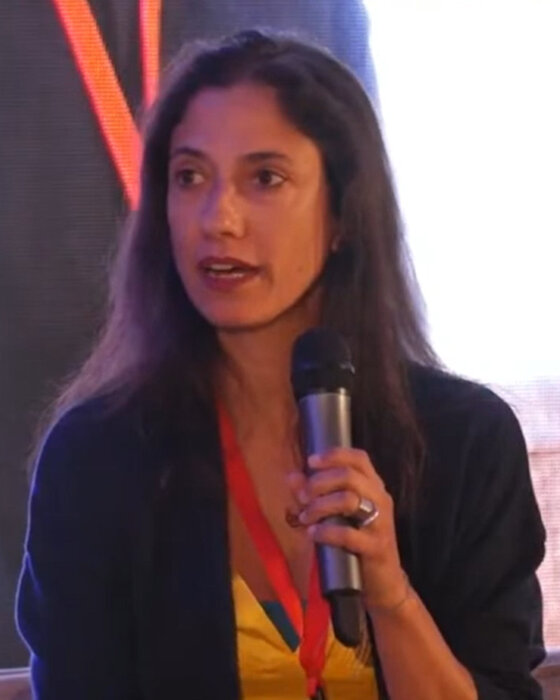

Nexus on Climate, Energy, and Urbanization
Concept
In the context of GEONICE, “nexus” refers to the common space where the three areas—climate, energy, and urbanization—intersect. It represents the interdependencies and synergies among these fields rather than a simple union of separate areas. This nexus is where integrated approaches are most valuable, allowing for coordinated actions that leverage Earth Observation (EO) data to address overlapping challenges, foster commonalities, and drive solutions that benefit all three areas simultaneously, and ultimately, cities.
GEONICE is proposed to be a collaborative partnership within the context of a GEO Convener, bringing together global expertise across climate change, urban sustainability, and energy transformation. Considering rapid urbanization and the increased impacts of climate change on cities, this activity aims to dive deeply into the nexus—scientific and policy complications—where research and innovation partners, together with stakeholders, can jointly develop and deploy solutions that optimize the leveraging of EO data, digital platforms, and interdisciplinary research.
Investing on existing and ongoing projects (initially linked to EuroGEO, e.g., e-shape Eiffel and RethinkAction), as well as developing initiatives like DestinE, and drawing in critical partners, GEONICE will foster discussion and the prioritization of solutions that enable cities to become more climate-resilient and energy-efficient.
Scope
GEONICE will integrate climate, urban, and energy initiatives within the GEO framework, creating a collaborative space for cities to co-design and implement solutions tailored to their needs. By leveraging EO data from various platforms, GEONICE aims to promote value-added products, tools, and services that support urban policies, energy transitions, and climate adaptation and mitigation. This approach will also influence common practices, processing, and EO data requirements for this nexus.
This Convener will prioritize activities that advance specific products through the “Research to Operations (R2O)” pipeline, ensuring scientific insights are transformed into practical tools for cities to manage needs like seasonal climate forecasts, urban climate pressures, mitigation planning, and energy resilience. GEONICE will also collaborate with stakeholders, including city administrations, energy providers, and climate scientists, to create actionable paths from research to implementation.
Potential Topics and Anticipated Results
To support cities facing climate pressures, GEONICE will focus on three priority areas during its initial phase, while exploring, refining, and further conceptualizing its strategic direction:
GEONICE’s outputs will include:
Objectives
The GEONICE Convener will play a central role in fostering interdisciplinary connections and driving the integration of EO assets across the GEO Work Programme (GWP), particularly within the Climate, Energy, and Urbanization Focus Area. The key objectives are:
Points of Contact

